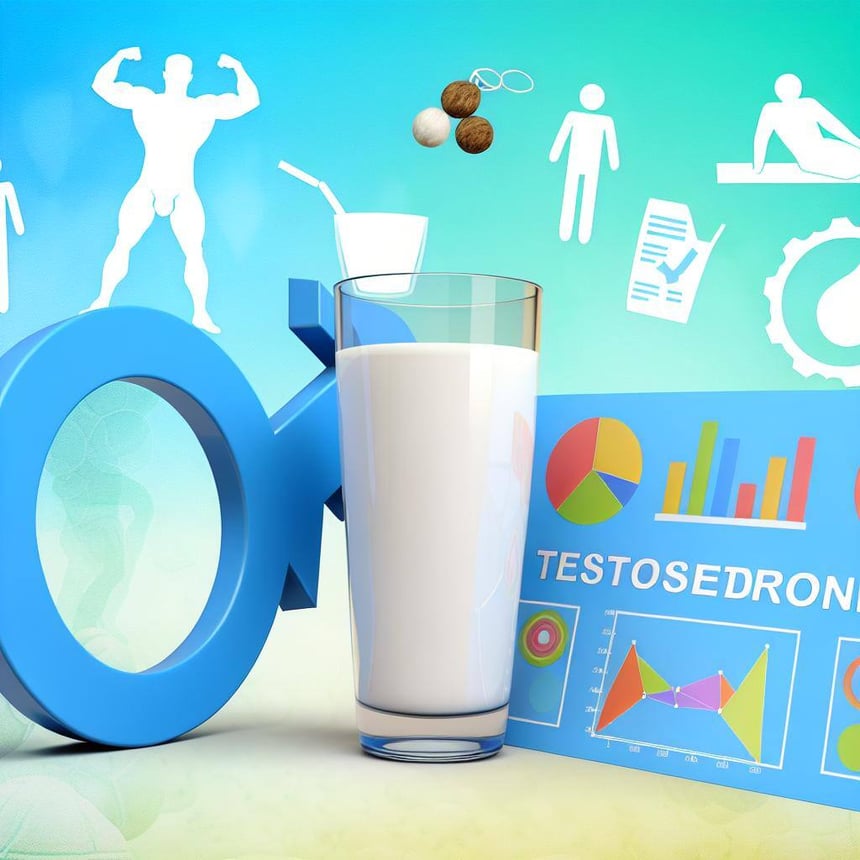The Role of Testosterone in the Body
Testosterone is a hormone that plays a crucial role in the development and maintenance of male reproductive tissues.
It is responsible for various functions such as the growth of facial and body hair, deepening of the voice, and muscle development.
Testosterone also plays a role in mood regulation, bone density, and overall energy levels in both men and women.
Maintaining optimal testosterone levels is important for overall health and well-being.
Understanding Testosterone Levels
Testosterone levels can vary among individuals and can be influenced by various factors such as age, genetics, and lifestyle choices.
Normal testosterone levels in adult men range from 300 to 1,000 nanograms per deciliter (ng/dL), while in adult women, the levels are much lower, ranging from 15 to 70 ng/dL.
Low testosterone levels can lead to symptoms such as fatigue, reduced sex drive, and mood changes.
On the other hand, high testosterone levels can have negative effects on health, including an increased risk of cardiovascular problems.
Understanding and maintaining optimal testosterone levels is important for overall health and well-being.
Exploring the Link Between Milk and Testosterone
There is ongoing research and debate about the potential impact of milk consumption on testosterone levels.
Some studies suggest that milk and dairy products may contain hormones, such as estrogen and progesterone, which could potentially affect testosterone levels.
However, the overall evidence is inconclusive, and more research is needed to fully understand the relationship between milk consumption and testosterone levels.
It is important to note that individual responses to milk consumption may vary, and factors such as overall diet, exercise, and lifestyle choices can also influence testosterone levels.
Consulting with a healthcare professional is recommended for personalized advice.
Results from Scientific Studies
Several scientific studies have investigated the relationship between milk consumption and testosterone levels.
One study published in the Journal of the International Society of Sports Nutrition found that milk consumption did not have a significant impact on testosterone levels in resistance-trained men.
Another study published in the European Journal of Nutrition found that milk consumption was associated with higher testosterone levels in older men.
However, it is important to note that these studies have limitations and more research is needed to draw definitive conclusions.
Further studies with larger sample sizes and diverse populations are necessary to provide clearer insights into the potential impact of milk consumption on testosterone levels.
Tips for Optimizing Testosterone Levels
While the impact of milk consumption on testosterone levels is still debated, other lifestyle factors can influence testosterone levels.
Maintaining a healthy diet that includes a balance of macronutrients, such as proteins, fats, and carbohydrates, is important.
Regular exercise, particularly strength training, can also help boost testosterone levels.
Adequate sleep, stress management, and avoiding excessive alcohol consumption are also important for maintaining optimal testosterone levels.
It is recommended to consult with a healthcare professional for personalized advice on optimizing testosterone levels.



.jpg)






.jpg)



0 Comments